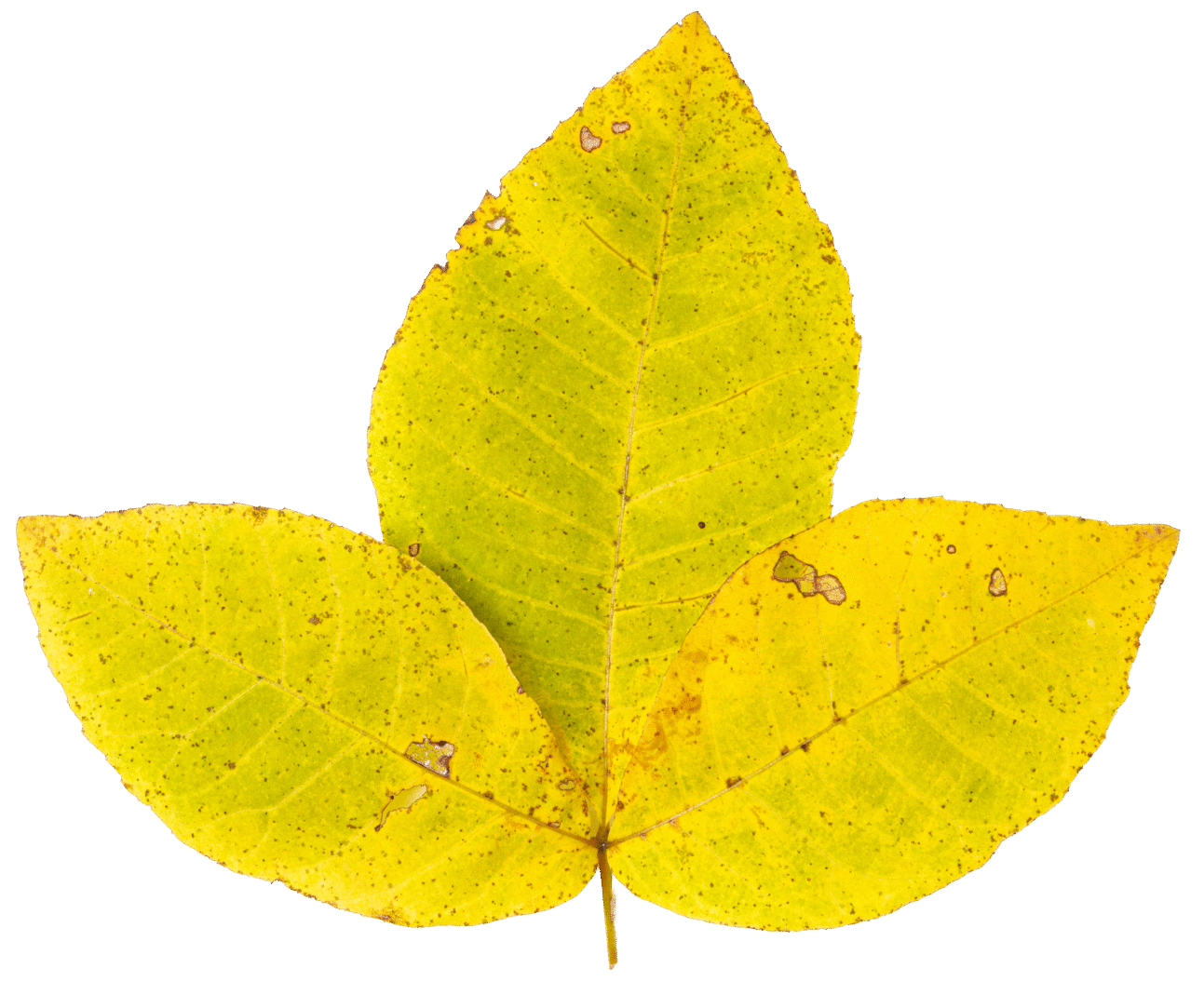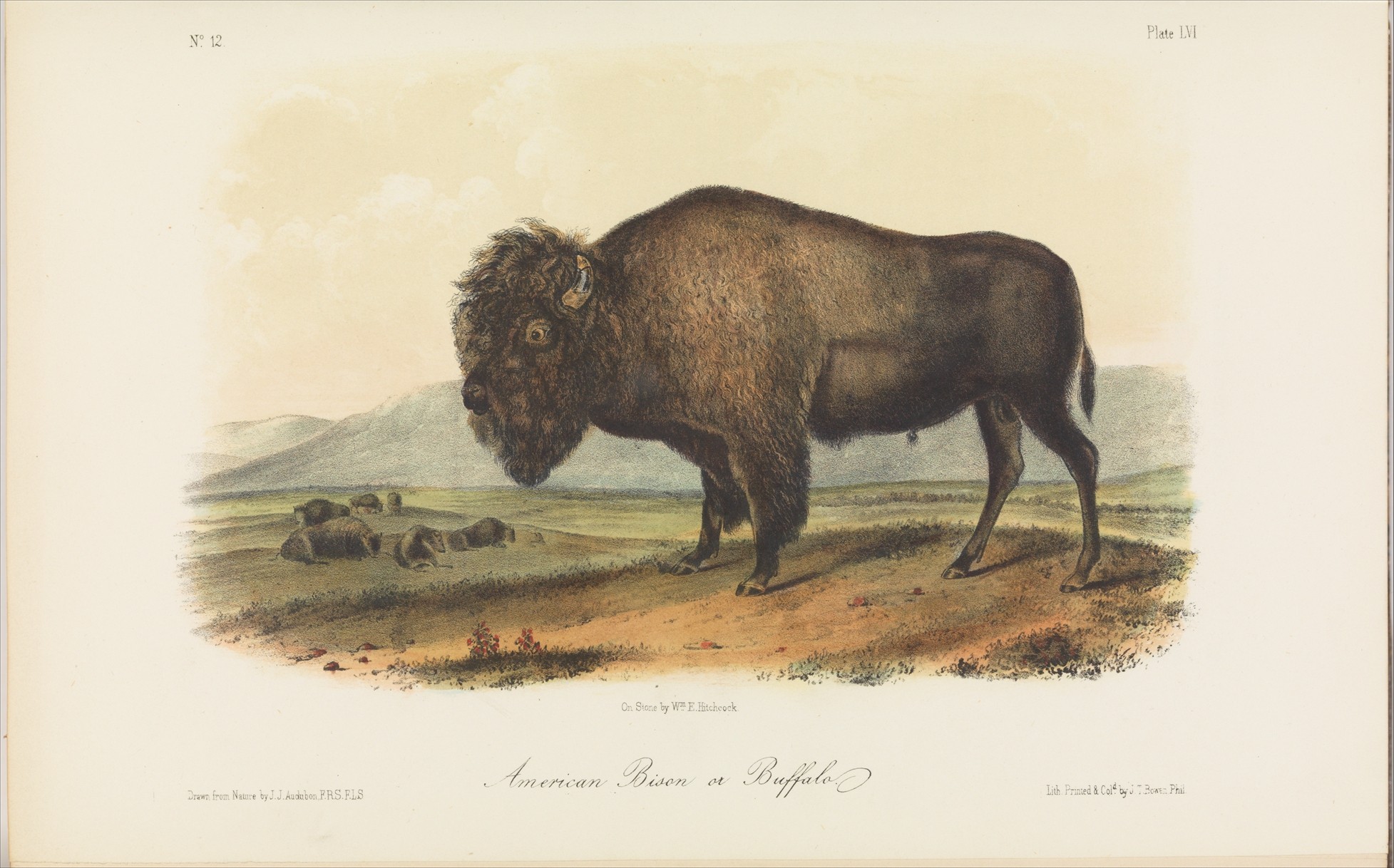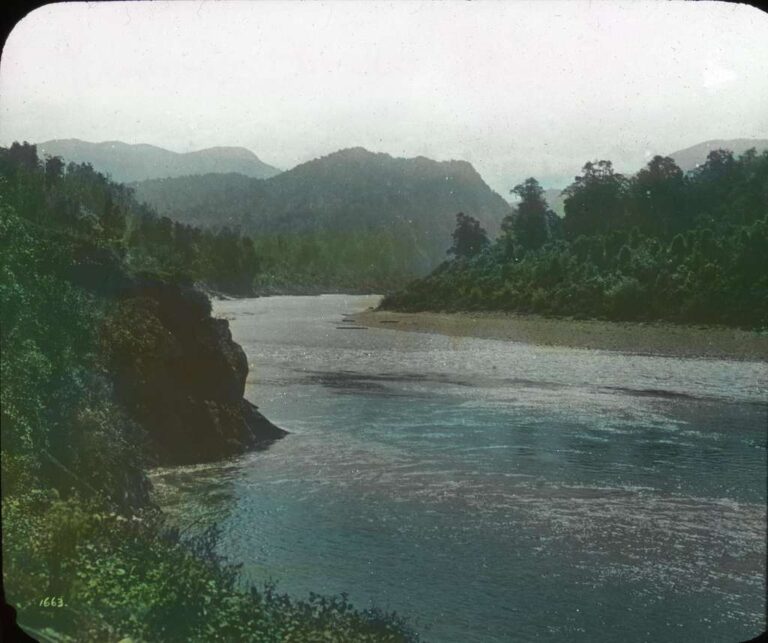A “Shameful Chapter”, but Can We Write a Better Ending?
“The most shameful chapter of American history is that in which is recorded the account of our dealings with the Indians. The story of our government’s relations with this race is an unbroken narrative of injustice, fraud, and robbery.”
“We are too apt to forget that these people are humans like ourselves—that they are fathers and mothers, husbands and wives, brothers and sisters, men and women with emotions and passions like our own.”
—George Bird Grinnell, 1892 & 1899
We need to name the truth plainly: the colonization of the Americas was not just “migration” or “settlement”. It was, in vast scope and sustained intent, Native American genocide. The language matters because euphemisms protect our comfort, not our conscience. Grinnell saw the pattern in his own time: dispossession rationalized by policy, violence laundered through paperwork, and a society that preferred not to look too closely. We live with the consequences today, in our laws, our landscapes, and our habits of mind.
Naming the Crime: Native American Genocide
Some people object to the word “genocide” as too harsh or too complex. But if we care about accuracy, the record is clear enough: organized removal and confinement; the breaking of treaties as standard operating procedure; forced assimilation through boarding schools; the criminalization of languages and ceremonies; and a deliberate assault on foodways and geography. Whether by bullet or bureaucrat, the outcome was the same – peoples severed from land, lifeways, kin, and memory. Numbers are debated because records were manipulated or lost, but the scale – tens of millions across the hemisphere, sometimes estimated in the hundred millions, demands we set euphemism aside and speak honestly.
Ecological Fallout: Bison, Forests, Grasslands
The war against Indigenous nations was also a war against the living systems that sustained them. The near-eradication of the bison was not an “unfortunate side effect”; it was a tactic aimed at collapsing food sovereignty and culture. Forests were treated as lumber-in-waiting; grasslands as empty canvases for ag & development profit. Rivers were dammed and poisoned; fires were suppressed where they should have been tended; soils were mined until they blew away. The result was a continent reorganized around extraction and distance: food from far away, fuel from elsewhere, waste to somewhere “out of sight.” That’s not ancient history. The climate crisis, the collapse of prairie biodiversity, water scarcity, and public health inequities are all downstream of these choices.
If This Makes You Uncomfortable, Good
If you feel defensive reading this, pause before you argue with yourself. I’m not blaming you for what your ancestors did. I’m inviting you to notice that your discomfort is evidence that you already know something is wrong. That ache is a seed of empathy and justice. Nurture it. Let it grow into awareness, accountability, and action. We cannot undo the past, but we can decide how we honor it, how we live now, and what kind of future we build. Healing is not a single gesture; it’s a posture held over time.
Becoming Indigenous to Place: A Practice, Not a Claim
Here’s a hard line I won’t soften: “becoming indigenous to place” is not about claiming an identity you do not have. It is about practicing long-term, accountable belonging where you actually live. That starts with humility and continues with reciprocity.
What does that look like?
- Learn where you stand. Know the names of the peoples whose lands you occupy. Learn the original place names, pronunciations, and watersheds. Map your daily life—home, work, school—to those geographies.
- Listen before you act. Read and support Native-led journalism, scholarship, and organizations—locally first. When in doubt, ask what help is useful and follow the answer even if it isn’t glamorous.
- Repair food and habitat. Grow native perennials, restore native grasses and pollinator plants, and remove invasive species in your yard or community plots. Support bison and grassland restoration where appropriate.
- Stop harmful flows. Shrink your role in systems that harm your watershed: eliminate pesticide use, compost, cut food waste, eliminate plastic use, and choose local producers who steward land.
- Invest with consent. Give money, time, and attention to Native-led efforts: language revitalization, land return projects, cultural centers, and legal defense funds.
- Teach the young. Replace sanitized myths with accurate history and living relationships to land. Field time beats screen time; names and stories beat slogans.
- Policy matters. Advocate for treaty enforcement, water protections, habitat corridors, and culturally-informed schooling. Private virtue without public change is not enough.
From Grief to Agency
Grief is appropriate. So is anger. But both can curdle into paralysis if we leave them unattended. The path forward is simple, not easy: tell the truth, reduce harm, increase care, and stay for the long haul. We don’t need perfect certainty to start. Begin with one change you can sustain for a year, then add another. Multiply that within your family and neighborhood. Culture shifts when enough ordinary people adopt extraordinary honesty and persistence.
A Question for You (and Me)
Have you considered that you, right now, can practice becoming indigenous to the place you inhabit? Not by claiming a name that isn’t yours, but by cultivating durable, accountable relationships. How would that change your mornings, your meals, your work, your purchases, your obligations to neighbors seen and unseen? What would your watershed say about you if it could speak?
We inherit a past we did not choose, but we do not have to pass it on unchanged. The choice is ours: to look away or to look clearly; to numb out or to speak honestly; to drift with the current of convenience or to plant ourselves where we stand and grow roots worthy of the future.
Start small. Start today. Stay with it.


